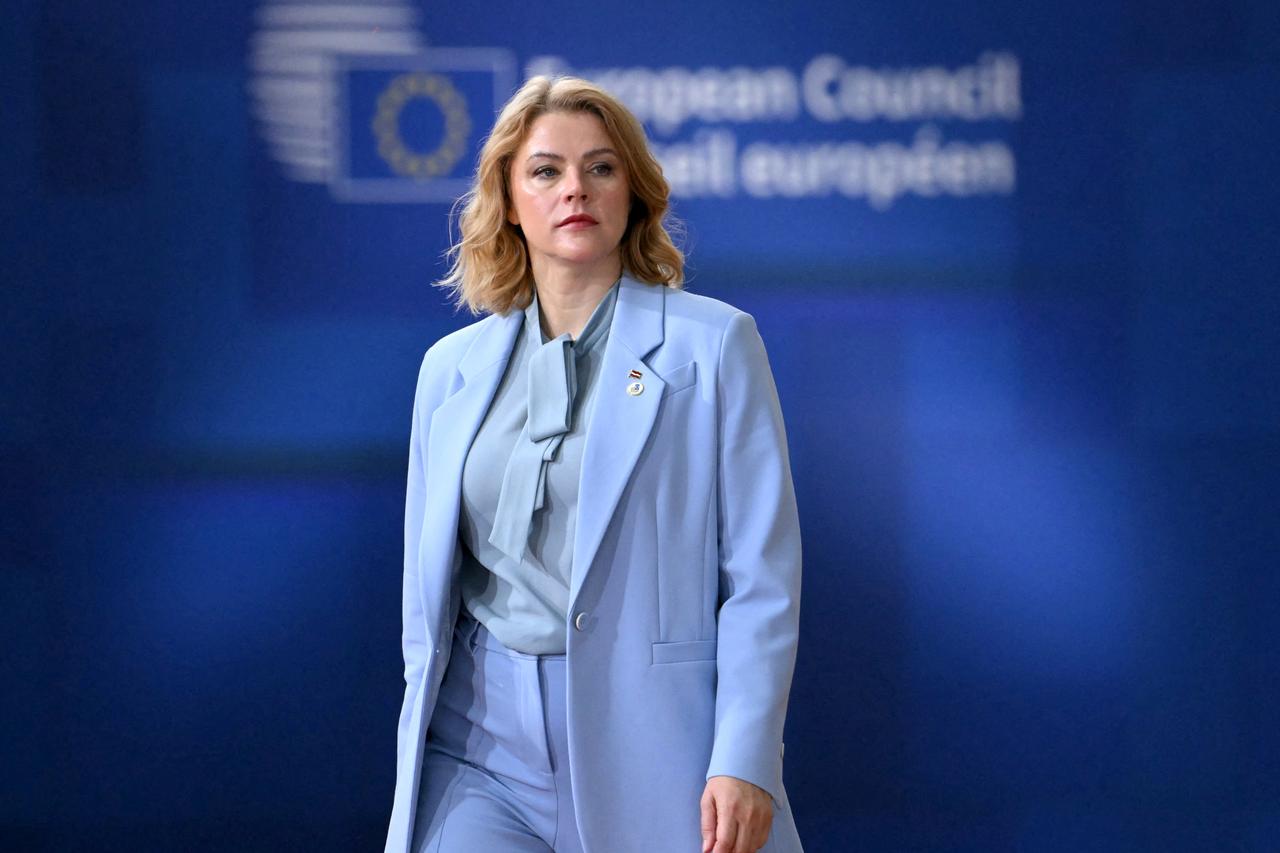
Latvia took a major step toward leaving the Istanbul Convention after lawmakers approved a withdrawal bill following more than 13 hours of intense debate.
The Saeima voted 56 to 32 in favor of ending the country’s commitment to the Council of Europe treaty. Two members abstained. The decision came only one year after the convention entered into force in Latvia.
If the process continues without interruption, Latvia will become the first European Union country to quit the agreement. Türkiye remains the only country that has withdrawn so far after its 2021 decision.
The Istanbul Convention aims to prevent violence against women and standardize support services for survivors. It has been in force across 38 Council of Europe member states.
The European Union also joined the agreement last year after a ruling by the European Court of Justice allowed accession without unanimous approval from all EU members. Latvia had ratified the treaty in November 2024 after years of political debate.
The withdrawal vote took place despite pressure from the EU, the Council of Europe and major human rights groups. It also came after widespread protests in Riga.
Demonstrators urged lawmakers to stop the withdrawal and accused supporters of promoting a political agenda that weakens protections for women. They carried signs that read “Hands off the Istanbul Convention” and “Latvia is not Russia.”
The vote exposed clear fractures inside Prime Minister Evika Silina’s coalition as New Unity and the Progressives defended the Istanbul Convention.
They argued that the treaty strengthens national systems that respond to gender based violence. The Union of Greens and Farmers broke with the prime minister and voted with the opposition. This move helped the bill advance and signaled deeper divisions before the 2026 elections.
Latvia First, described as a right-wing populist party, introduced the legislation. Party representative Inguna Millere told Politico that the convention is a “product of radical feminism” and claimed that Latvia’s ratification had been “political marketing.”
Other critics argued that the treaty conflicts with Latvia’s traditional values and promotes a harmful idea of gender that goes beyond biological sex. They said the agreement introduces foreign ideology into public life and that national law already offers enough protection for women.
ZZS lawmaker Gunars Gutris supported this view in comments to Reuters. He said the decision will not affect domestic violence cases because Latvian legislation already provides sufficient safeguards.
These claims mirror earlier debates in other European countries. The Council of Europe responded to similar arguments in the past and said the treaty does not bring new gender norms. It explained that the convention only defines gender based violence and sets clear obligations for governments.
Prime Minister Evika Silina criticized the push to withdraw. She said on X that survivors who sought help now see their experiences used in political battles. She described this as cruel and warned that the decision harms Latvia’s international reputation.
Human rights organizations reacted with alarm to Latvia's move toward leaving the Istanbul Convention.
Equality Now representative Tamar Dekanosidze said the withdrawal effort reframes gender equality work as an LGBTQ agenda, as reported by DW.
She said this approach reflects a Kremlin-style narrative that portrays equality policies as a threat to national values. Dekanosidze warned that this shift positions Latvia closer to Russia than to the European Union in terms of legal standards and governance.
Public pressure increased before the vote, as in October, about 5,000 people gathered outside the Saeima the night before lawmakers met. They urged the government to protect the treaty and maintain international standards for women’s rights.
Prime Minister Silina addressed the crowd and repeated her appeal to remain in the convention. A smaller group protested in support of withdrawal the next day.
The scenes in Riga echoed earlier debates in Türkiye, Poland, Czechia and Hungary. Poland considered withdrawal in 2020 but did not pursue the plan after a change of government.
Czechia rejected ratification in a 2024 vote while Hungary rejected approval in 2020 after arguing that the treaty promotes “destructive gender ideology” and encourages unlawful migration.
The legislation now moves to President Edgars Rinkevics, who said he will review the bill and announce his decision within ten days.
He can return it to parliament with objections and if lawmakers reject those objections and send the text back without changes, he cannot issue another veto.
At least one third of parliament can also request a two-month delay in the publication of the law. That path could lead to a referendum if one-tenth of eligible voters sign a petition. Lawmakers may also seek a review from the Constitutional Court.
The next steps will shape how Latvia positions itself in the wider European debate. Six EU states still have not ratified the Istanbul Convention. They are Bulgaria, the Czech Republic, Hungary, Lithuania, Slovakia and Latvia. The decision in Riga may influence future discussions across the bloc about the role of the treaty.
The Istanbul Convention opened for signature in 2011 during Türkiye’s presidency of the Council of Europe. Türkiye became the first country to sign and ratify it and the first to withdraw.
Latvia’s decision now adds new momentum to an ongoing regional dispute over gender based violence policy and the direction of equality standards within the EU.